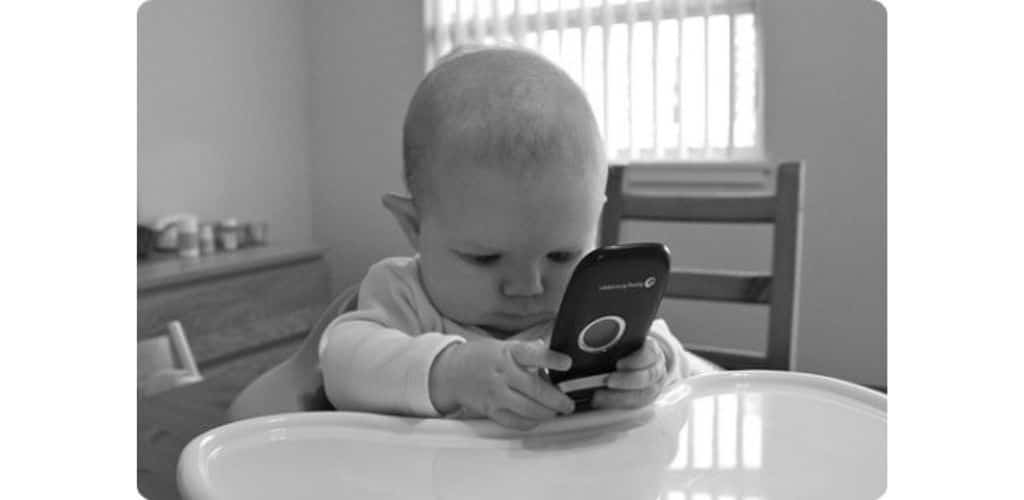The Federal Circuit has affirmed a decision by the Patent Trial and Appeal Board (PTAB or Board) concerning the application of 37 CFR § 42.73(d)(3)(i)’s estoppel provisions in invalidating amended patent claims.
The case is SoftView LLC v. Apple Inc.
As background, the court noted that the America Invents Act (AIA) established the inter partes review (IPR) process and gave the US Patent and Trademark Office (USPTO) rulemaking authority to implement it.
These rules include 37 C.F.R. § 42.73(d)(3) on the operation of estoppel principles in USPTO proceedings, which prohibits a patent owner from “taking action inconsistent with the adverse judgment” in various proceedings, including IPR proceedings.
In this case, the PTAB had held all claims of SoftView’s ‘353 patent to be invalid under the estoppel provisions.
As the court noted, the ’353 patent is directed to displaying internet content on mobile devices. Various phone manufacturers, including Apple and Motorola, challenged the validity of the patent before the USPTO.
In 2014, the PTAB issued a final written decision finding each of the 18 challenged claims (out of 319) of the ’353 patent unpatentable.
The stay of the ex parte and inter partes reexamination proceedings challenging the remaining claims of the patent was lifted in 2015. SoftView amended 107 claims of the patent, which were then deemed patentable over the prior art.
However, said the Federal Circuit,
To the extent they differ more than trivially from the canceled claims, the amended claims merely combine limitations from multiple canceled claims.
For that reason, the PTAB held that the claims were not “patentably distinct” from those that had been invalidated in the IPR proceeding and were therefore invalid under section 42.73(d)(3)(i), which provides:
Patent applicant or owner. A patent applicant or owner is precluded from taking action inconsistent with the adverse judgment, including obtaining in any patent:
- (i) A claim that is not patentably distinct from a finally refused or canceled claim; or
- (ii) An amendment of a specification or of a drawing that was denied during the trial proceeding, but this provision does not apply to an application or patent that has a different written description.
SoftView challenged the Board’s interpretation of the term “patentably distinct,” arguing that it was intended to codify the common law doctrine of collateral estoppel and that the Board improperly interpreted it to give broader preclusive effect to the decision in the IPR proceeding.
The court noted that the estoppel regulation prohibits a patent owner from “obtaining in any patent: (i) A claim that is not patentably distinct from a finally refused or canceled claim.”
However, said the court, “By its terms, the regulation applies to “obtaining” a claim—not maintaining an existing claim.”
As the National Law Review noted, the court found that “[d]rawing a distinction between obtaining a new claim and maintaining a previously issued claim makes sense,” because maintaining an issued claim is not circumventing an adjudication decision, which the estoppel provision is intended to prevent.
As for whether the claims were “patentably distinct,” said the court,
The Board gave the term “patentably distinct” in section 42.73(d)(3)(i) the same meaning as that term is given in obviousness-type double patenting cases and in interference proceedings. … Applying the same definition of the term “patentably distinct,” the Board interpreted section 42.73(d)(3)(i) to prohibit a patent owner from obtaining a claim that would be anticipated by, or obvious in light of, a previously canceled claim.
And, said the court,
Because the term “patentably distinct” has a specialized meaning in patent law, it can be presumed that the PTO intended to adopt that meaning when it promulgated the regulation. Identical words used in a given field of law typically carry the same meaning
Thus, the court vacated the Board’s decision as to the “issued claims” but affirmed its application of the regulation to the “amended claims.”
One lesson to take from this decision is that it’s wise to be wary about amending claims before the PTAB, as amended claims are more vulnerable to challenge under the estoppel regulation.
Just like the haiku above, we like to keep our posts short and sweet. Hopefully, you found this bite-sized information helpful. If you would like more information, please do not hesitate to contact us here.


